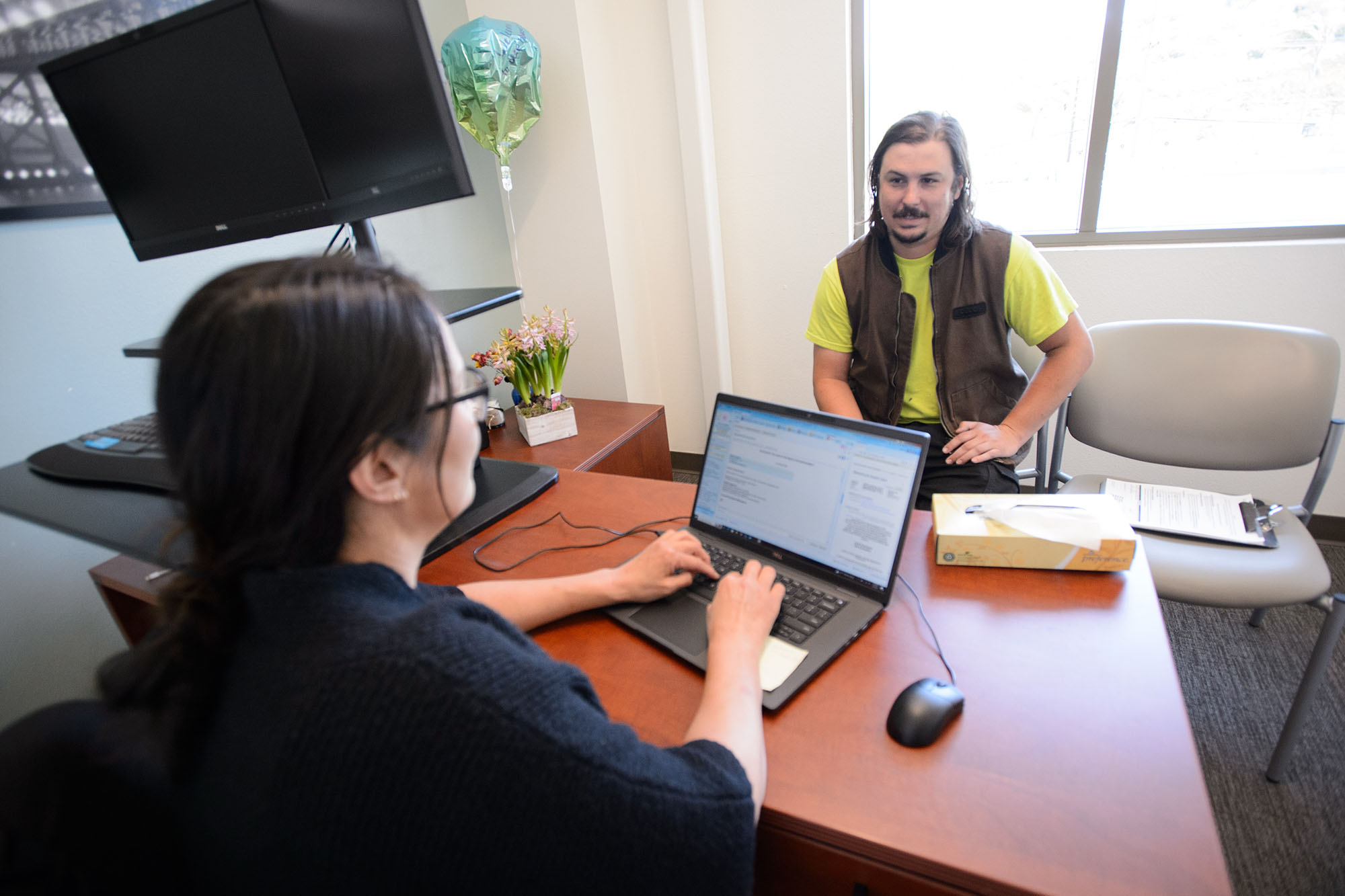View the Report
Jump to All Downloads & LinksA plethora of digital health tools for patients has been developed in the United States over recent years, including mobile phone applications, wearable devices, and technology linked to health care data, such as patient portals. However, there are large inequities in who is using these digital tools. The aim is to ensure all patients benefit from digital health tools regardless of their cultural background, language, income, race, or ethnicity.
The two papers in this series focus on how to create equity and inclusion during technology implementation and design to help health care providers, health plans, and developers reach everyone.
How Providers and Plans Can Help Communities Better Adopt Health Tools
The audience for Bridging the Digital Health Divide: How Providers and Plans Can Help Communities Better Adopt Health Tools includes those who implement digital health products and services, including health care providers; leaders of hospitals, clinics, and health systems; information technology staff; and payers. The challenges described in the series — including the digital divide as well as digital health inequities — are multifaceted. Approaches to address these challenges must reach patients where they are, whether at the doctor’s office, at home, or on the go.
How Designers Can Create More Inclusive Digital Health Tools
The other brief in the series, Bridging the Digital Health Divide: How Designers Can Create More Inclusive Digital Health Tools, discusses the challenges for technology developers in ensuring equitable digital health design and suggests design principles that can help them overcome these challenges. With a focus on equity and inclusion during implementation and design, health care providers, health plans, and developers can create technology that better reaches everyone.
Authors & Contributors
Courtney R. Lyles, PhD
Courtney R. Lyles is a health services researcher and associate professor in the UCSF Department of Medicine as well as in the Department of Epidemiology and Biostatistics.
Adrian Aguilera, PhD
Adrian Aguilera is an associate professor in the School of Social Welfare at UC Berkeley and the Department of Psychiatry and Behavioral Sciences at UCSF. He directs the Digital Health Equity and Access Lab (dHEAL).
Oanh Nguyen, MD, MAS
Oanh Nguyen is an assistant professor in the UCSF Department of Medicine and a hospital medicine physician at San Francisco General Hospital.
Urmimala Sarkar, MD, MPH
Urmimala Sarkar is a professor in the UCSF Department of Medicine and a primary care physician at Zuckerberg San Francisco General Hospital’s Richard H. Fine People’s Clinic. Lyles and Sarkar cofounded UCSF S.O.L.V.E. Health Tech, an academic program that partners with digital health companies to adapt technology for marginalized and minoritized patients and the settings that serve them.



